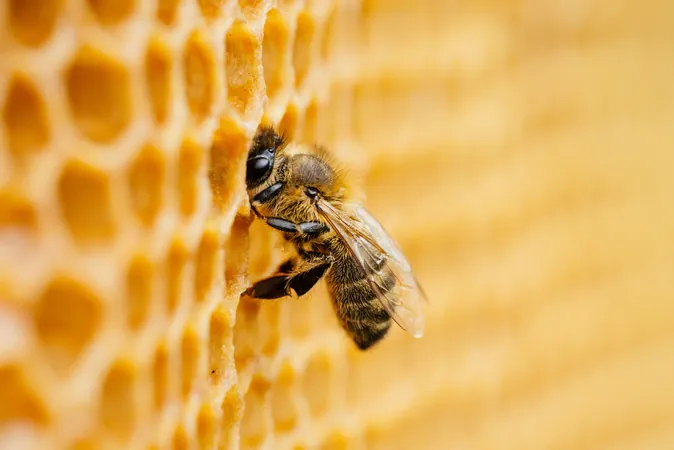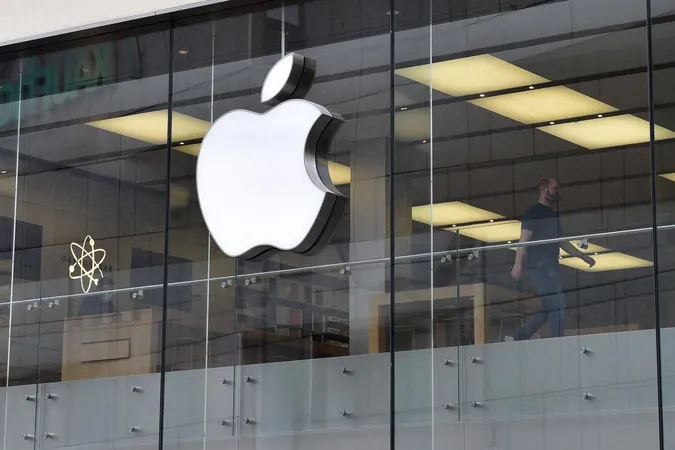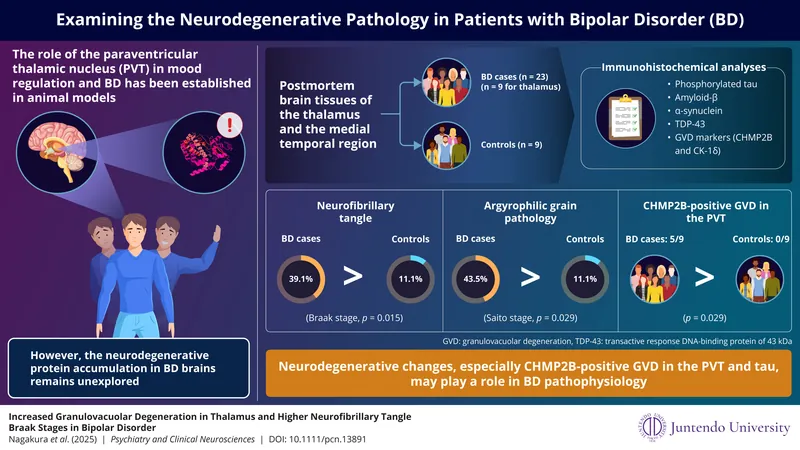
Groundbreaking 'Superfood' for Honeybees: A Game-Changer in Pollinator Nutrition!
2025-08-28
Author: Jia
In a groundbreaking study from the University of Oxford, researchers have unveiled an innovative food supplement tailored for honeybees, aiming to tackle severe nutritional deficits threatening these essential pollinators.
This engineered superfood, crafted using cutting-edge synthetic biology, promises to boost honeybee colony reproduction and offers a vital solution to the urgent decline in their populations.
As our changing climate and modern farming practices strip away floral diversity, honeybees are left searching for the nutrients they desperately need from dwindling sources of natural pollen.
Traditional pollen substitutes—often just a mix of protein flour, sugars, and oils—lack the essential sterols that are crucial for honeybee health.
To fill this gap, the research team, in partnership with the Royal Botanic Gardens Kew and the Technical University of Denmark, engineered a unique yeast strain called Yarrowia lipolytica, which produces a specific blend of six vital sterols.
Lead researcher Dr. Elynor Moore emphasized the significance of their work, comparing the sterol-enriched diet for bees to the difference between a balanced, nutritious meal and one that's missing essential nutrients for humans.
Their three-month feeding trials yielded astonishing results: colonies fed with this enhanced diet produced up to 15 times more viable larvae than those given traditional feeds.
While the engineered colonies thrived, maintaining steady brood production, those on conventional diets stopped breeding after just 90 days.
This remarkable finding not only matches the nutritional profile of natural pollen but significantly boosts the health and productivity of honeybee colonies.
The implications extend beyond the bees themselves, affecting the food and beverage industry, as honeybees are pivotal in pollinating over 70% of key global crops.
With alarming reports of U.S. honeybee colony losses averaging 40% to 50% annually—and predictions of rising rates—this innovation could prove crucial in safeguarding food security and preserving biodiversity.
Danielle Downey, executive director of the non-profit Project Apis m, noted, "Honeybees are responsible for pollinating one in three bites of our food, but they're facing numerous threats. Enhancing their nutrition could significantly bolster their resilience in a world with diminishing natural resources."
Although results are promising, larger field trials are essential to study the long-term effects on bee health and pollination success. If trials prove successful, farmers might have access to this revolutionary supplement within two years.




 Brasil (PT)
Brasil (PT)
 Canada (EN)
Canada (EN)
 Chile (ES)
Chile (ES)
 Česko (CS)
Česko (CS)
 대한민국 (KO)
대한민국 (KO)
 España (ES)
España (ES)
 France (FR)
France (FR)
 Hong Kong (EN)
Hong Kong (EN)
 Italia (IT)
Italia (IT)
 日本 (JA)
日本 (JA)
 Magyarország (HU)
Magyarország (HU)
 Norge (NO)
Norge (NO)
 Polska (PL)
Polska (PL)
 Schweiz (DE)
Schweiz (DE)
 Singapore (EN)
Singapore (EN)
 Sverige (SV)
Sverige (SV)
 Suomi (FI)
Suomi (FI)
 Türkiye (TR)
Türkiye (TR)
 الإمارات العربية المتحدة (AR)
الإمارات العربية المتحدة (AR)